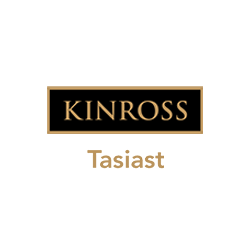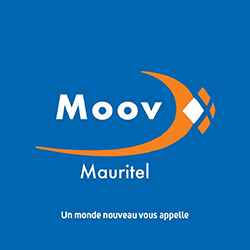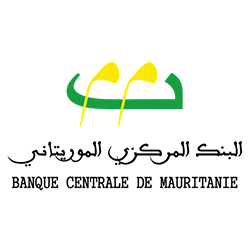MAURITANIA
THE NEW
INVESTMENT
FRONTIER
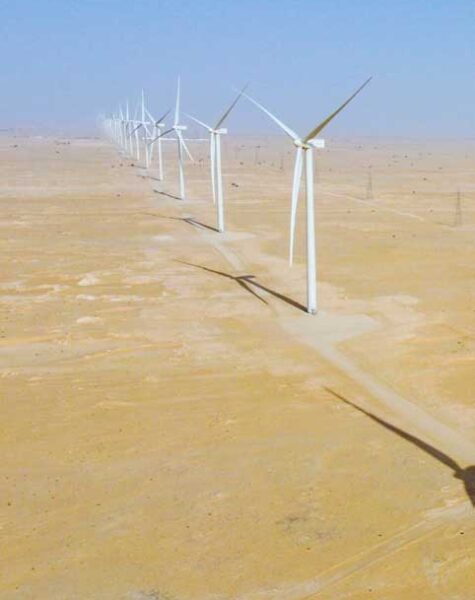

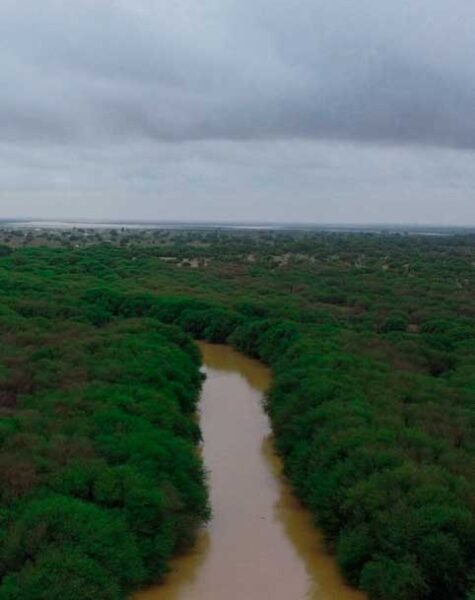

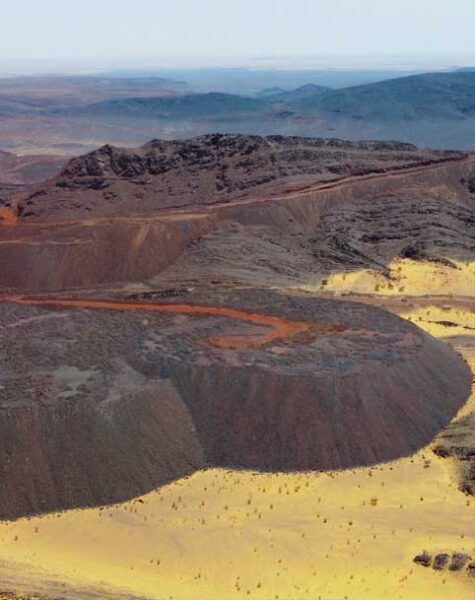





WHY
INVEST IN
MAURITANIA
Mauritania is …
Business Friendly
The Investment Promotion Agency – APIM – is the onestop-shop for investors: from business registration that takes 1 to 2 days, to the completion of all administrative formalities, the investor is taken care of from A to Z in one place.
OPEN
Mauritania made starting a business easier by eliminating the minimum capital requirement. There is no restriction for a foreign entity to operate. The investment code offers great fiscal incentives.
A WINDOW TO AFRICA & EUROPE
At the crossroad of a 300M Market, with its privileged geographical position, Mauritania has direct access to Europe, MENA and Sub-Saharan Africa.
UPWARD TRENDING
With its positive outlook, new vision and a number of incoming reforms to improve the business climate, Mauritania is sending a message:: « We are open for business ».
Country of the million poets, land of encounters and poetic landscapes, Mauritania has over the centuries established itself as a bridge of civilizations, cultures and heritage.


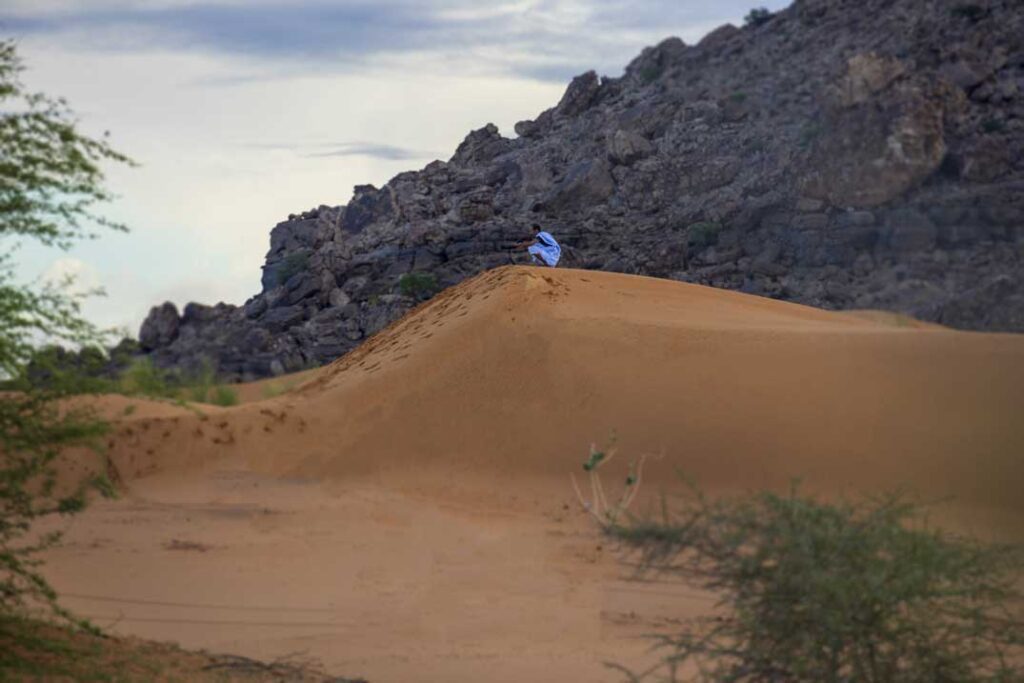

Mauritania is bordered by a coastline of nearly 750km on its western shores with the Atlantic Ocean & up north by the Sahara Desert.
Far east, the country spans over Mali down to the south while naturally boarding Senegal with its river.
H.E President Mohamed Cheikh El Ghazouani took office in August 2019, marking the first democratic transition of power in Mauritania.


The government’s vision is guided by an ambitious program, the main objective being to engage Mauritania on the path of progress through bridge of civilizations, cultures and heritage, socio-economic policies,
political reforms and consolidation of social cohesion. Strengthening the stability and security of the country is also the cornerstone of the president’s action, as translated by his leadership in the G5 Sahel coalition.
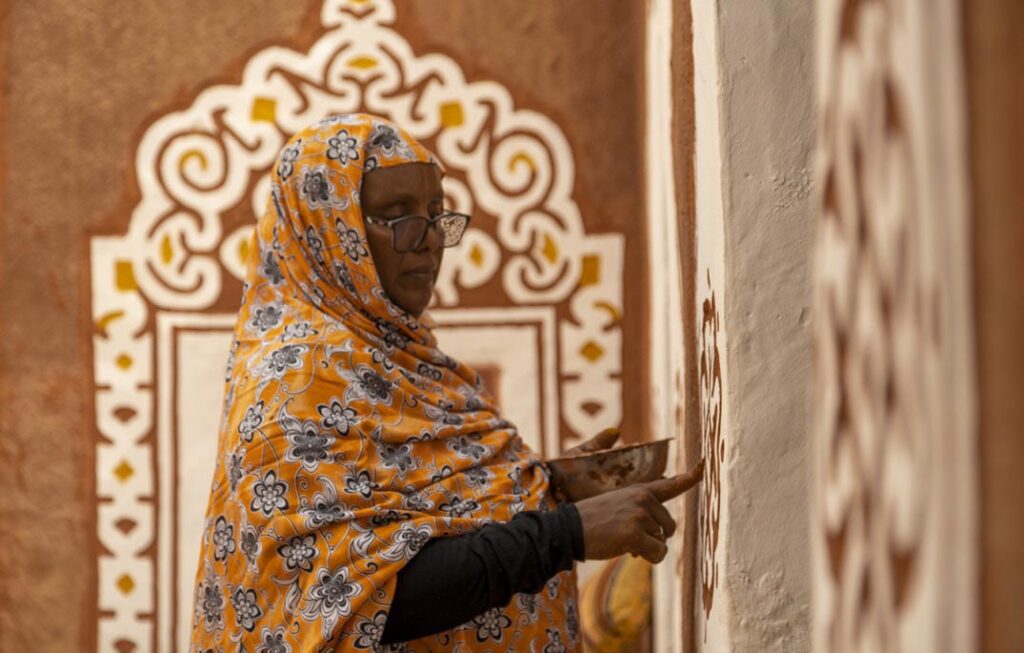

Mauritania is a mostly desertic country which enjoys a strategic geographical position at the crossroads of North and Sub-Saharan Africa.
The mountain ranges of Assaba, Tagant and Adrar culminate at 400 and 500 meters respectively in the center and northern region of the country. The highest peak, Kédia d’Idjil, rises to 917 meters in the Tiris Zemour region.


With the exception of the alluvial plain of the Senegal River, the Chemama, 10 to 25 km wide, the rest of the country is largely made up of dune alignments. Mauritania enjoys a Sahelo-Saharan climate, generally dry but mild in the coastal regions due to the proximity of the ocean


The rainfall is very irregular and varies by region: in the south, it rains every year while in the north the rainfall curve is sawtooth..


Mauritania is open
for business
Mauritania has been open to foreign direct investment, especially in the mining, hydrocarbon, agriculture and fishing sectors.
The government is also encouraging further investments in productive sectors: Agribusiness, Livestock and Animal production.


An updated Investment Code enhances the security of investments and facilitates administrative procedures.
- The Code provides for free repatriation of foreign capital and wages for foreign employees Small and Medium Enterprises do not pay any tax or customs duties
- It also created free points of importation and export incentives
- Formation of Special Economic Zones are facilitated to encourage regional development
The Nouadhibou Free Zone was created with its own regulatory scheme..
The Investment Promotion Agency, the government entity in charge of national and foreign investment, is the single window for investments in the country.


The one-stop-shop deals with the submission of files in order to obtain permits, administrative procedures, establishment of businesses and issuing work permits for foreign workforce.


Mauritania , UP TO
its potential
The main resources of Mauritania are agriculture, . livestock & animal production, fisheries and extractive industries.
The agricultural potential is great; production is dominated by food crops : millet, sorghum, rice, dates.
The breeding of cattle, sheep, goats and camels is a lucrative sector and very present at the national level. Mauritania has significant animal resources estimated at 30 million heads in 2020.




